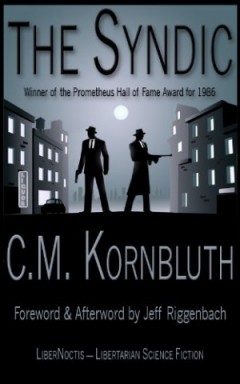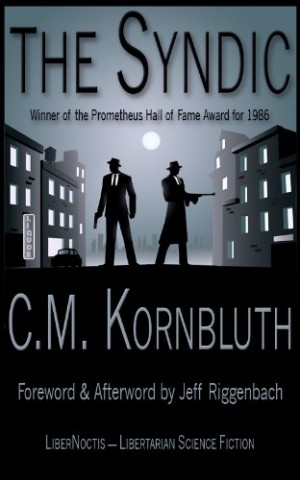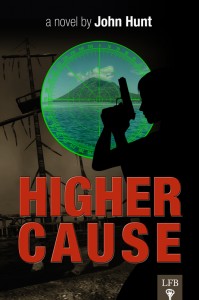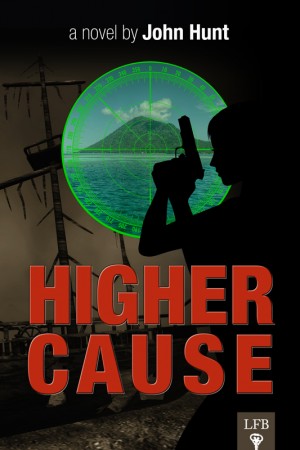
Alongside Night by J. Neil Schulman, so far as I am aware, is still the agorist novel par excellence. More than three decades have passed since its publication — not that you would know it without looking at the copyright date — yet in that time no other novel has so successfully mixed the principles of agorism with such a keen perspective on the future. There are not many novels that can top it for entertainment value either.
The story takes place in what was then the future, but which now seems a very prescient present. Not only is the story filled with theretofore unrealized gadgets and technology that differ from what we actually possess sometimes by no more than an appellation, or occasionally a small feature or manner of use, but the economic conditions described in the tale read like a seer’s forecast.
Schulman’s knowledge of economics allowed him to make a forecast every bit as accurate as the one for which Ayn Rand, in her novel Atlas Shrugged, has been lauded of late. In fact, this very knowledge of economics is probably what helped the author predict all those gadgets, for it is well established that science-fiction authors, a group not known for their economic acumen, tend to think on a grand scale when most of the advances, in a consumer-driven society, are modest devices of everyday convenience and entertainment.
It is a dystopian world we are plunged into in Alongside Night, where central control of the economy and erosion of civil liberties proceed, as they must, hand in hand. When the government abducts the protagonist’s father, a noted free-market libertarian economist somewhere between Milton Friedman and Ludwig von Mises in his radicalness, the high school student Elliot Vreeland embarks on a quest to free him. This quest takes him into the world of the agorists, free-market rebels and masters of counter-economics.

















